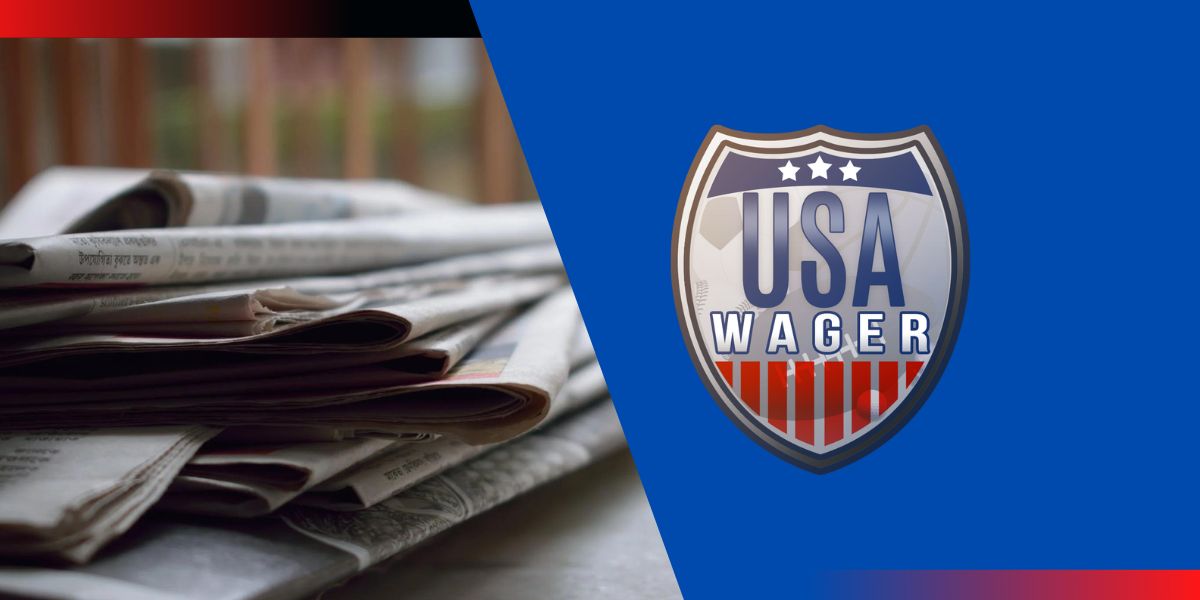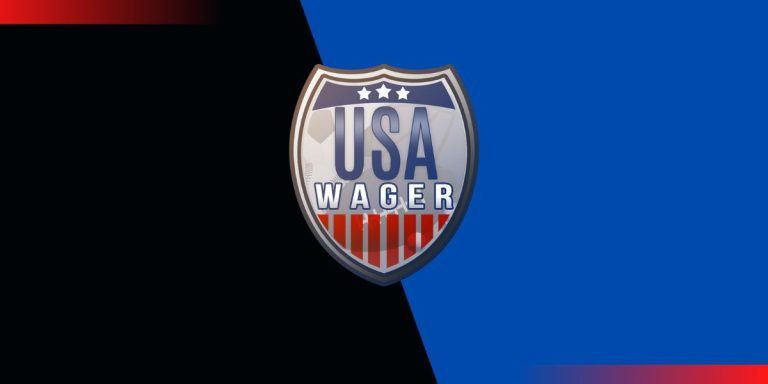Sports Betting And Sports Integrity
Introduction
Since the legalization of sports betting, an increasing number of states, currently 30, are regulating some form of sports betting, and this number continues to grow. The US sports betting industry has experienced rapid growth, particularly in states that have legalized retail, mobile, and online betting platforms.
To illustrate the scale of the industry, in November 2022, New York recorded a total of $1.5 billion wagered, resulting in $149 million in sportsbook revenue and $76 million in state tax revenue. However, sports betting was prevalent even before its legalization, with illegal sports betting in the United States, estimated to range from $80 billion to $380 billion annually in 1999, making it the most popular form of gambling in the US.
Historical Context
The federal ban on state-regulated sports wagering was initially implemented to preserve the integrity of sports by preventing potential match-fixing, which has been a significant concern in major sports leagues and the NCAA. Notable examples of match-fixing include the Boston College point-shaving scandal between 1978-79, where senior player Rick Kuhn conspired to ensure the team fell short of the point spread in exchange for financial gain.
The scandal involved multiple players, and once exposed in 1980, Kuhn and others were sentenced to prison terms. Match Fixing has long been a major concern for professional sports leagues, but with the legalization of sports betting, there appears to be a shift toward embracing it as a means of maintaining integrity.
Partnerships between sports leagues and sports betting firms are becoming more commonplace, and this trend is expected to continue in the future. Mainstream channels now advertise licensed sportsbooks and openly discuss betting odds.
Potential Benefits
The association of regulated sportsbooks with leagues can help promote and uphold the integrity of sports. Extensive data collection and monitoring of sports bets contribute to this effort. Both sportsbooks and leagues rely on the accurate and fair game or match outcomes to ensure optimal profits.
Sportsbooks would suffer if match-fixing or insider tipping were to occur, and fans may even suspect the sportsbooks themselves of manipulating outcomes. Gambling can be viewed as a form of entertainment, and if teams or organizations are willing to embrace it responsibly, it may even enhance audience engagement.
When done in a regulated and monitored manner, sports betting can benefit leagues by keeping fans interested in a new way to engage with the sport and attracting individuals who may not consider themselves traditional sports fans.
Conclusion
Sports betting and sports integrity are intertwined aspects of the sports industry that have a reciprocal impact. The emergence of sports betting has raised concerns regarding the preservation of the integrity of sporting events, as it introduces the potential for match-fixing, insider information, and other forms of corruption that undermine the fairness and credibility of competitions.
However, through the implementation of effective regulations and strict monitoring practices, sports betting can actually contribute to the protection of sports integrity. Licensed and regulated sportsbooks work collaboratively with leagues and organizations to identify and report any suspicious or irregular betting patterns. These partnerships facilitate the exchange of information, the implementation of anti-corruption measures, and the promotion of fair play.
By fostering cooperation between sports betting operators and sports entities, sporting events can ensure that competitions take place on a level playing field and maintain the trust and confidence fans have.


